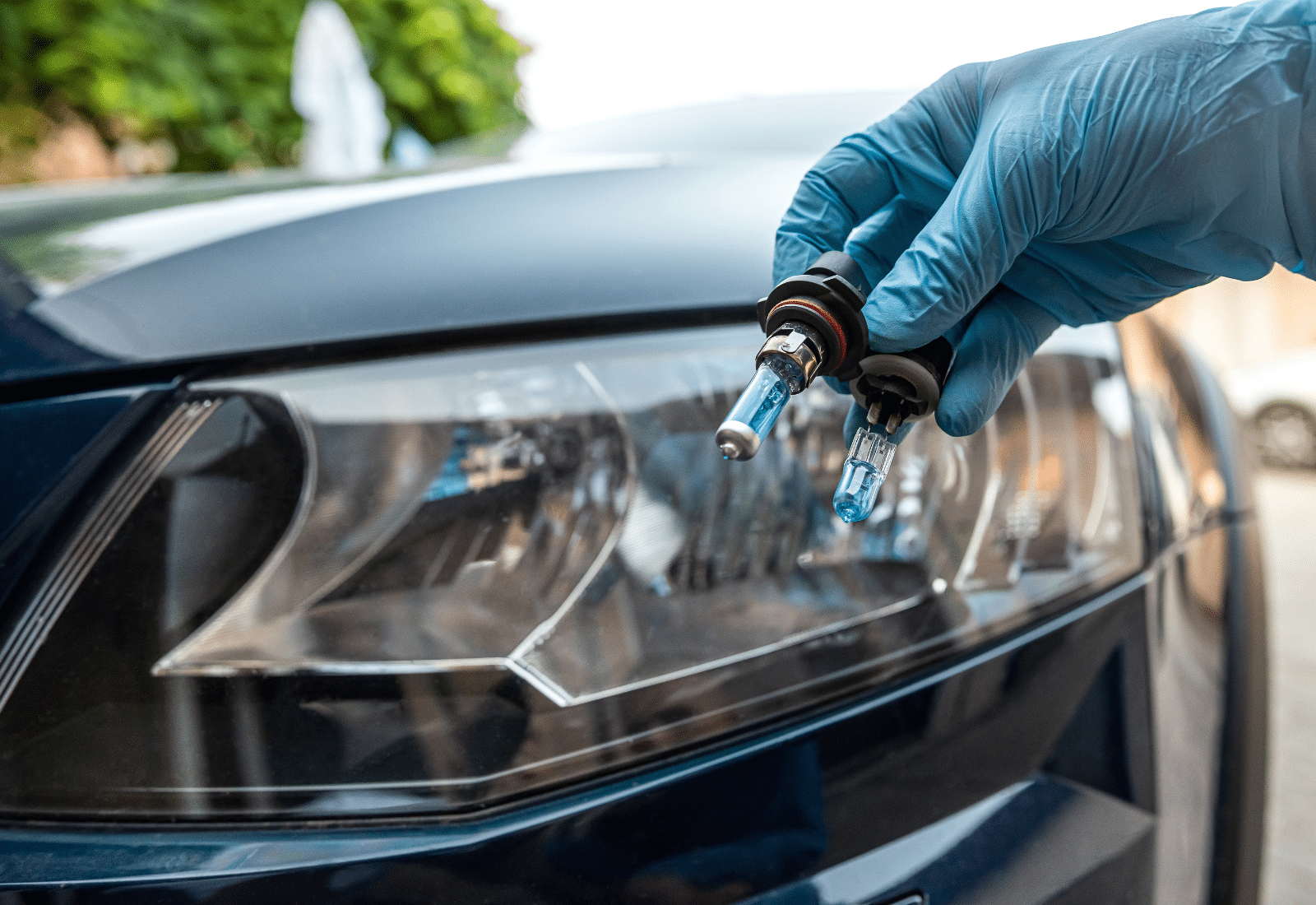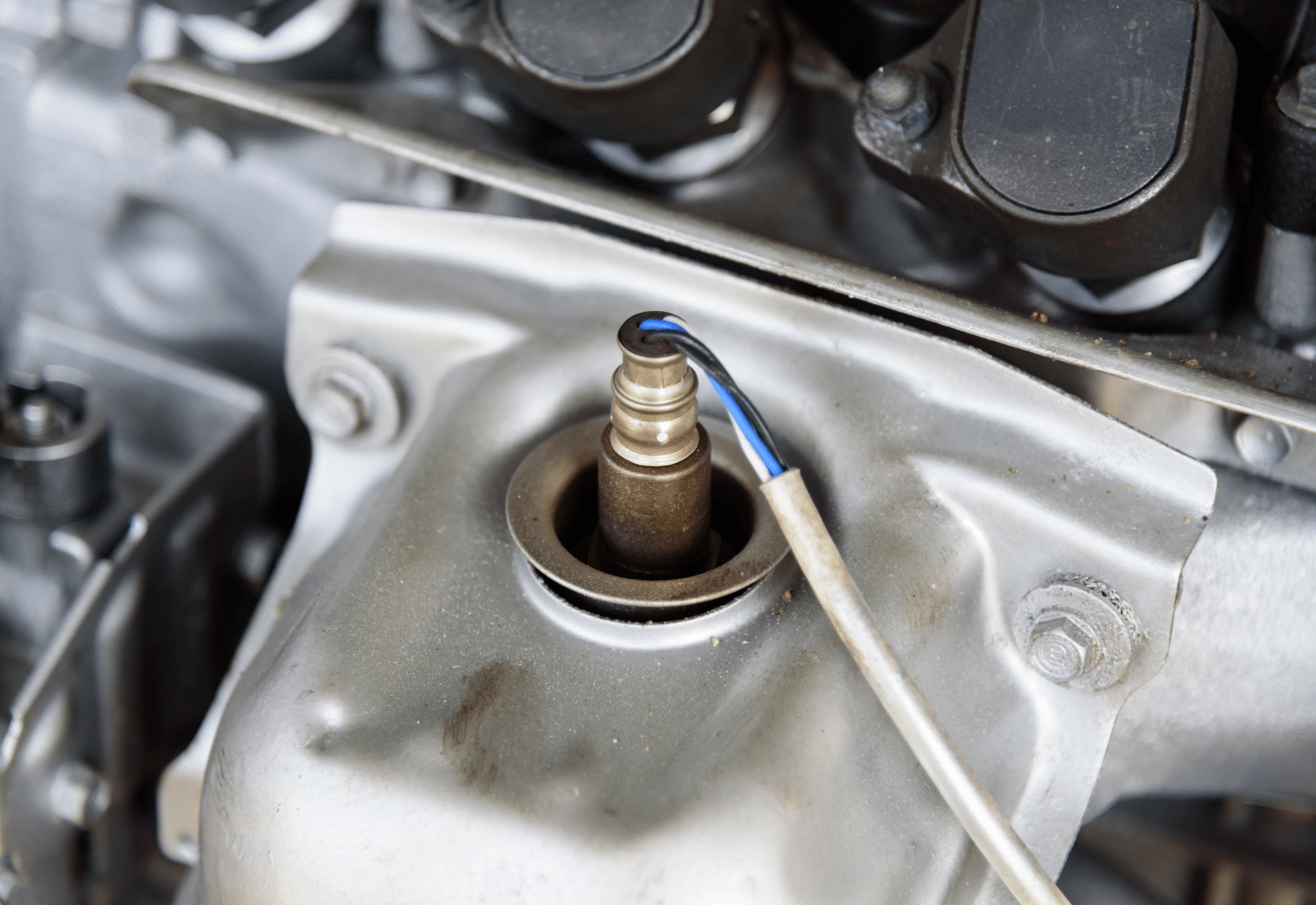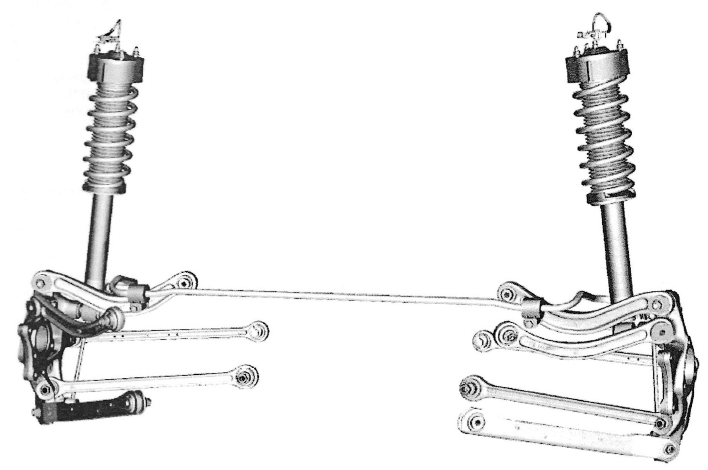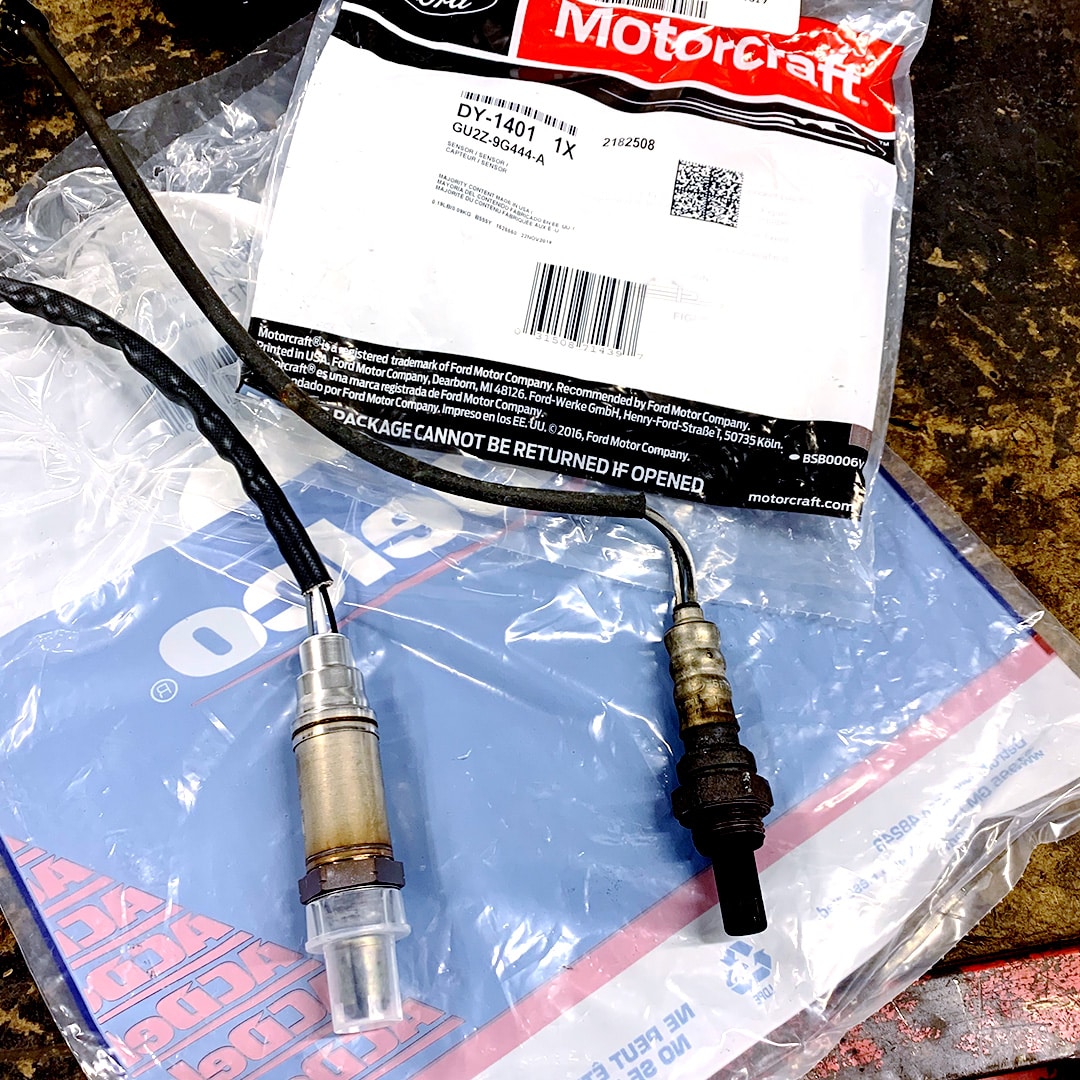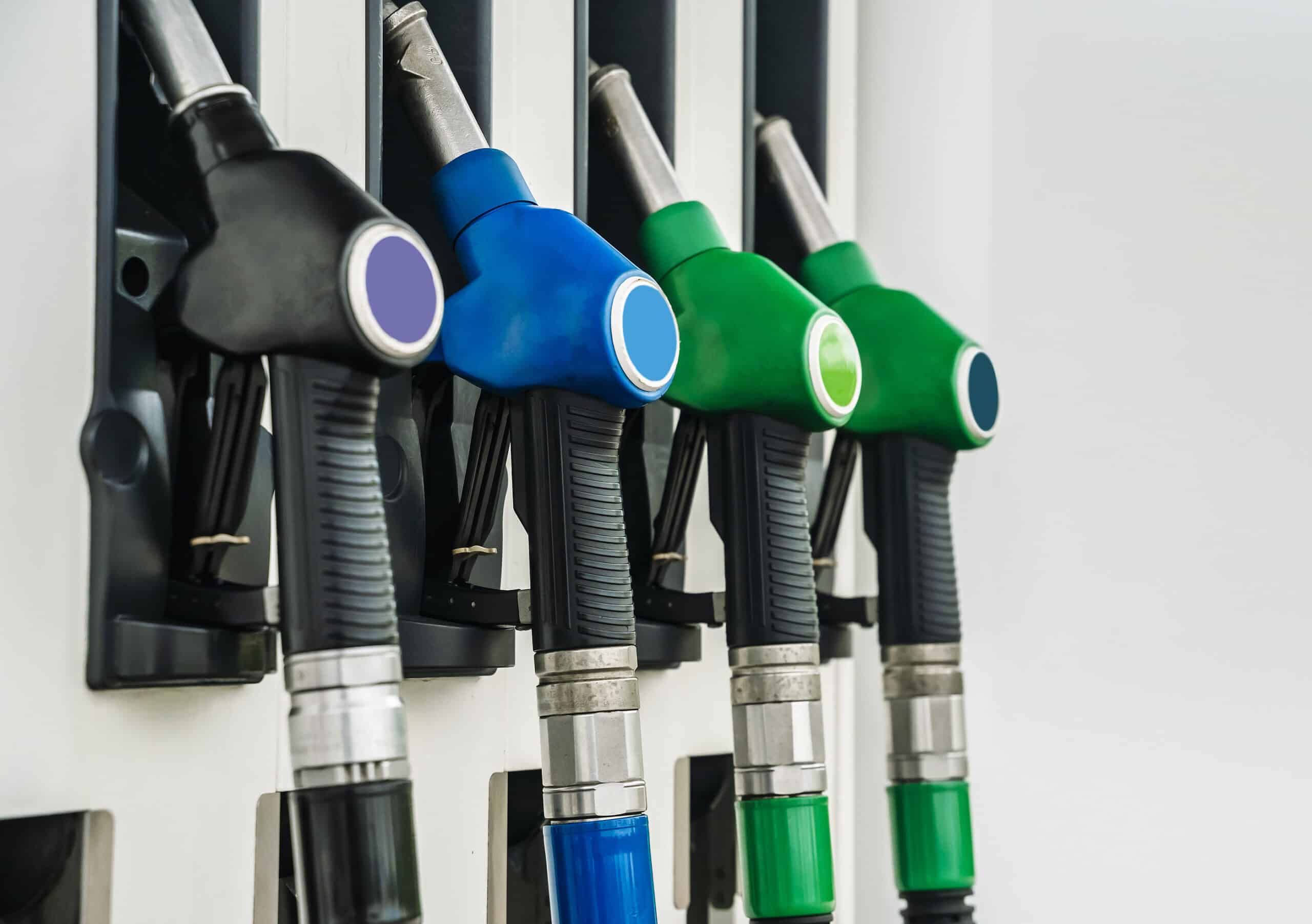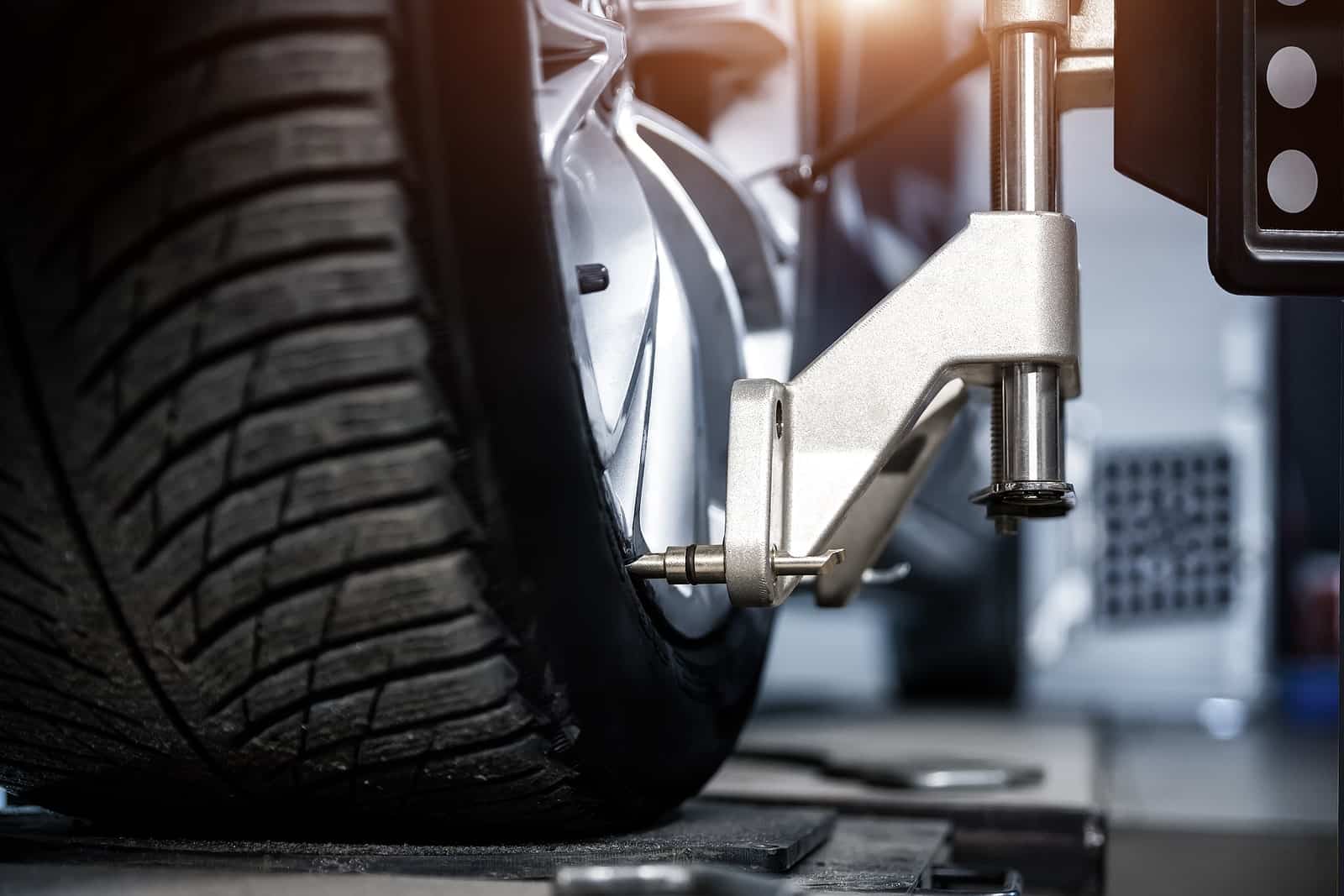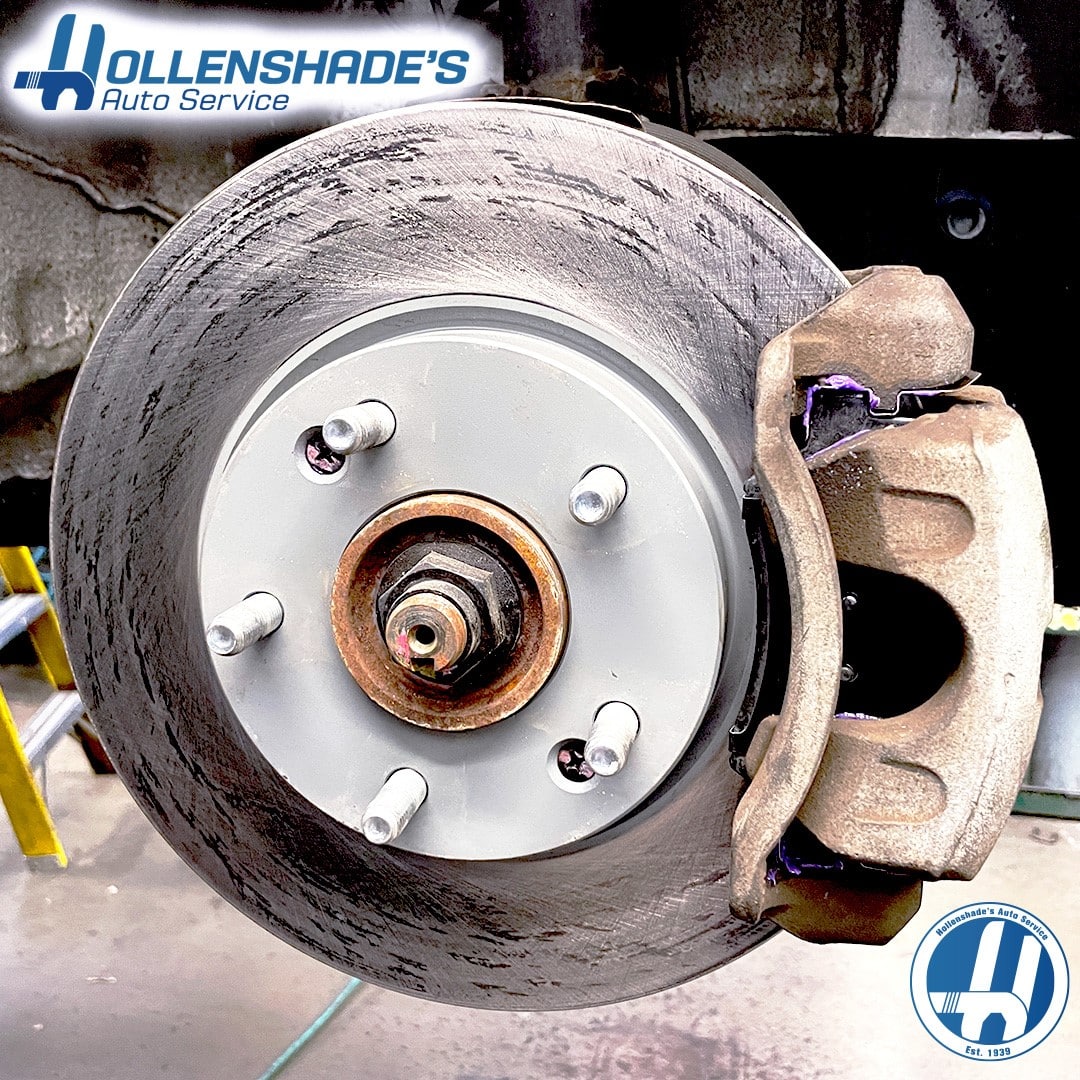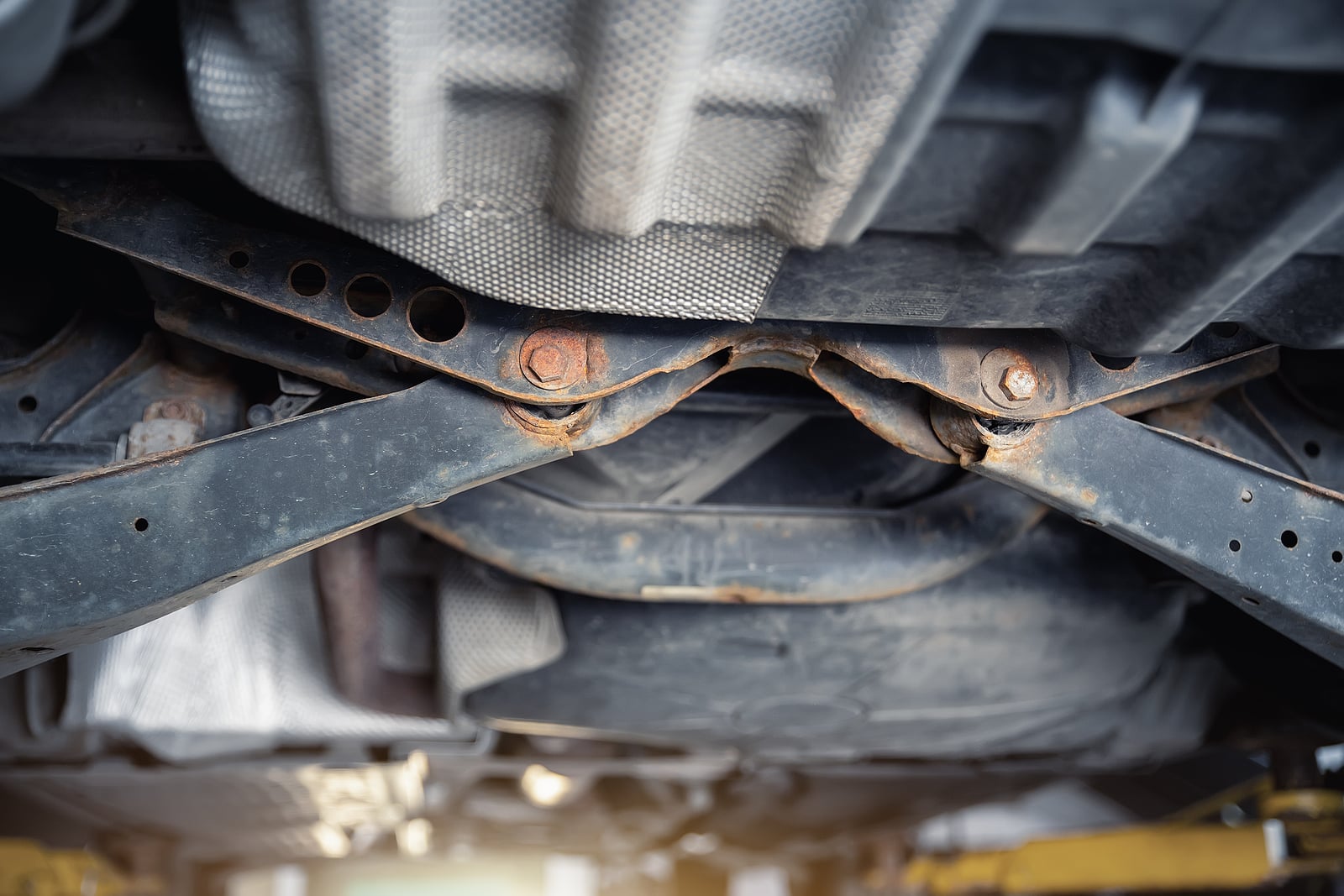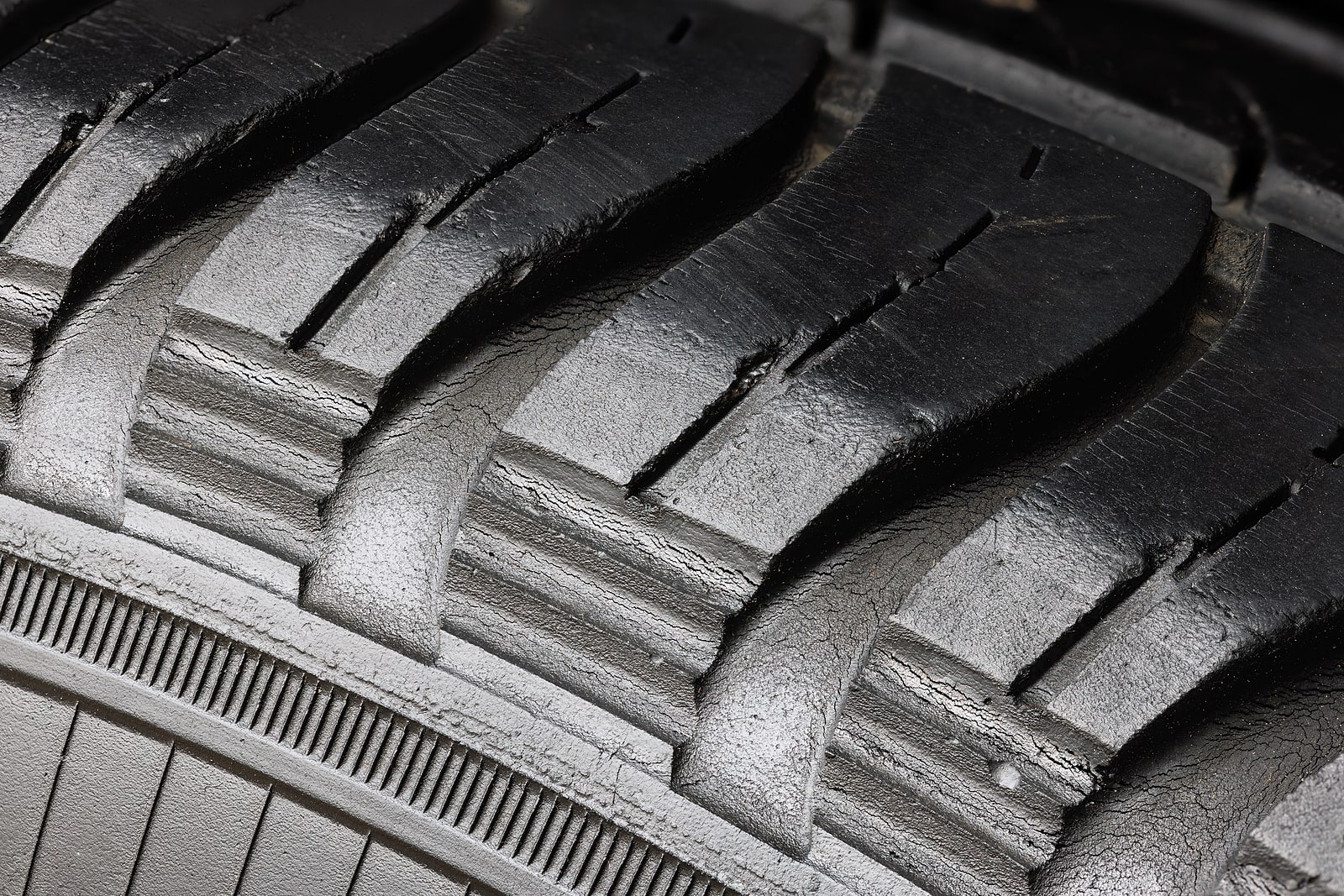A good defense when it comes to headlights and bulbs! A vehicle’s headlights are its first line of vision when driving at night or in inclement conditions. That’s why enlisting a trusted mechanic service to regularly check or replace bulbs in pairs is critical when it comes to driver safety. Headlights can provide invaluable assistance […]
read more
Oxygen sensors play an intricate role in controlling the emissions of a vehicle. These sensors, also known as O2 or Air-fuel sensors, monitor the level of oxygen in the exhaust gases of the engine. This real-time information is used by the engine control unit (ECU) to adjust the air-fuel mixture, ensuring optimal fuel-air ratio for […]
read more
Anti-lock braking systems (ABS) are sophisticated safety features designed to prevent the wheels of a vehicle from locking up during braking. The science behind ABS involves several key components and principles: Wheel Speed Sensors ABS relies on wheel speed sensors that are typically mounted at each wheel. These sensors detect the rotational speed of each […]
read more
One of the most overlooked systems on a vehicle is the chassis and suspension system. The chassis provides the structure that ties the suspension and steering components to the vehicle. The proper function of the chassis systems provides the driver with comfort, safety, and driving performance. Chassis systems have evolved to balance the requirements of […]
read more
With the increased concern for energy conservation and cleaner air, better control of the engine combustion process became necessary. Now, Oxygen Sensors are used in all internal combustion engine fuel control systems. What Do These Sensors Do? The Oxygen Sensor is used to adjust and maintain desired engine air/fuel mixtures to better control exhaust emissions […]
read more
With many of the worlds largest car manufacturers in the eyesight of regulators for their misleading published emissions output figures, we would like to share some information about the topic. Presently, the main driving standard for emissions output by vehicle powertrains are the US EPA Tier 2 and California LEV-II ULEV regulations. In 1999, the […]
read more
The alignment angles of a car or truck do not just change randomly for no reason. A relationship between both internal and external forces results in the altering of a vehicle’s suspension geometry. Each of the principal alignment angles, measured at all 4 corners of the vehicle, capture the state of health of its steering […]
read more
In 2015, the automotive industry, EPA, and U.S. states agreed to reduce the use of copper and other materials in motor vehicle brake pads. This agreement calls for reducing copper in brake pads to less than 5% by weight in 2021, and 0.5% by 2025. Typically, a brake pad is made from a mixture of […]
read more
Your car’s suspension maximizes friction between the vehicle itself and the road. The health and proper function of your vehicle suspension is critical to safe operation. Check out this guide to everything you need to know about vehicle suspension from the expert Baltimore mechanics at Hollenshade’s. Bushings Hydraulic bushings have chambers and valves to help […]
read more
Over time, tires are exposed to precipitation, brake dust, chemicals, sunlight, and temperature fluctuation from summer to winter. While tires have anti-aging chemicals within the rubber to help protect them, exposure to these elements can cause rubber to lose some of its elasticity, which then causes the surface to age and crack. Under normal circumstances, […]
read more

